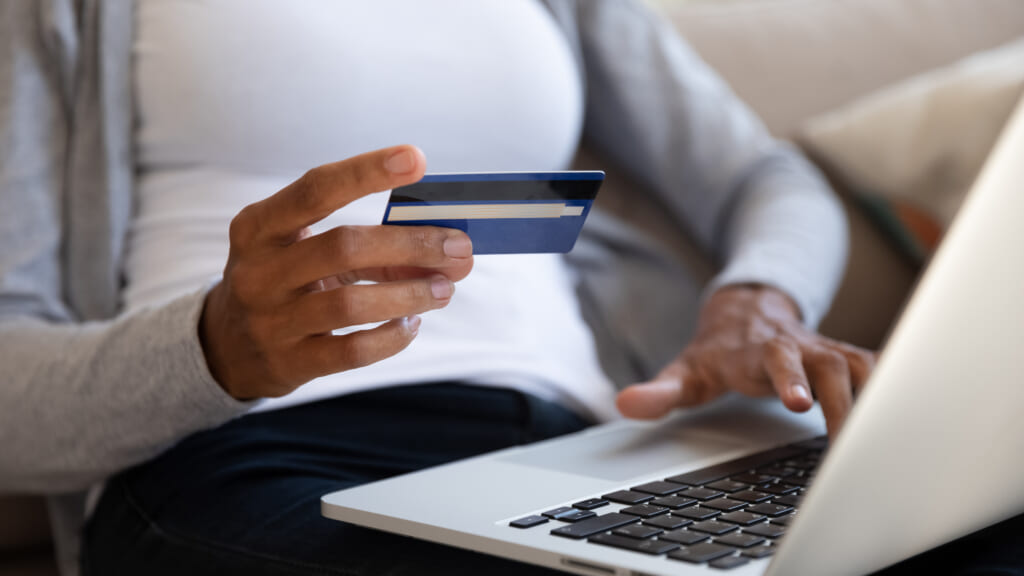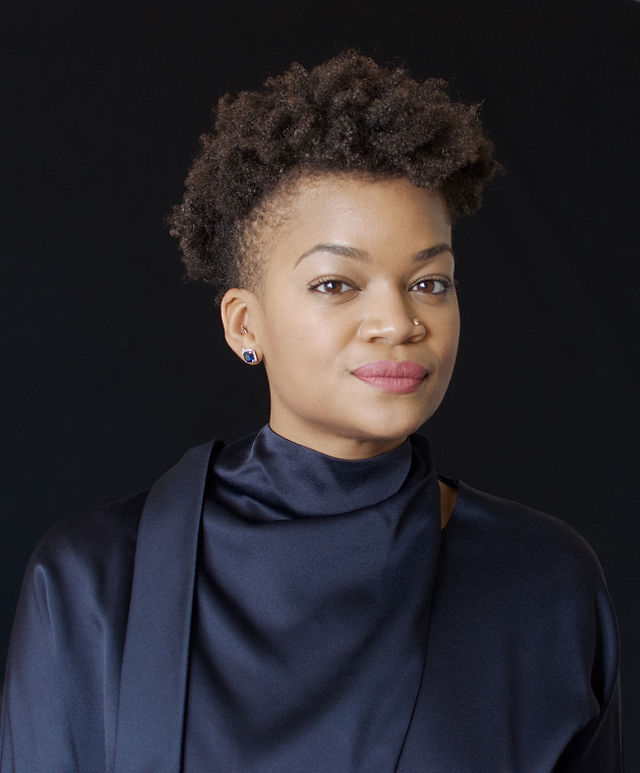Why the buying Black trend should be a permanent lifestyle
OPINION: When the furor dies, and when the hashtags get quiet who will be there still doing the work to support Black businesses?

There is a fire spreading across the internet, across social media, and across the world. This fire is consuming, but not in the way you think. This fire is lighting up consumers to shop with Black-owned businesses.
Right now, buying Black is trending in a way that it never has before even with people who may never have previously considered it. The community of us who have been working to support Black businesses for years want to turn that trend into a lifestyle.
Read More: 50 + Black businesses to support during the coronavirus pandemic
In 2016, Jason Coles sat down with his phone and his laptop and started designing an app. He wanted to build a marketplace for Black brands. He didn’t have much of a budget or much spare time outside of work, but he built what he could, where he could, until the Shop Katika app and website launched as a marketplace for Black goods.
The same year, Anthony Edwards and Janique Edwards, a young husband and wife duo in New York, thought to themselves: “Wouldn’t it be great if there was a way to easily find Black-owned restaurants in your area?”
Anthony, who is a software developer, built EatOkra, a Black-owned restaurant locator app, himself from the ground up. Up to 2019, he didn’t even ask for any payment from featured businesses.
Buy Melanin started out as just a thought in 2012 after Trayvon Martin was killed. Founder Samantha Siler became more engaged in dialogue with her peers about where we spent our money and the importance of strategically allocating our money to cripple systemic racism.
Read More: Black-owned virtual reality business seeks to entertain, educate customers
Buy Melanin has since blossomed with pop-up events accommodating close to 70 vendors, and an entire community of supporters of the buy Black movement engaging with the business every day.
Like these other young founders, I was inspired by passion. More than a year ago, I only had a Google Spreadsheet and a dream. I’d had a transformative idea to build a platform that would allow people to buy Black online in one centralized place, and I wanted to see if it was even feasible.
I started by texting out to a huge group of friends and family and asking, “if there were a Black-owned marketplace like Amazon, would you use it?” Folks almost unanimously messaged me back with a resounding “yes!” I followed up the message to ask what Black brands they were currently shopping with.
A lot of people never answered that message.
Many of the ones who did could only name one or two. On any given day, most of the people I messaged could break down racial and political issues to you in an intellectually-flawless manner. But that day, many couldn’t name a single Black brand they supported, besides a few natural haircare ones.
That told me that the work I was about to do was necessary.
I started building my spreadsheet by drawing from the seemingly endless sets of lists that zip across the internet every so often compiling Black brands that people should support. Some of the businesses on these lists had already come and gone, and the links were dead.
Others ended up not being Black-owned at all. I learned about the term Blackfishing through the hours I spent crawling the internet looking for Black brands, and finding that many use Black models to obscure foreign ownership.
I also found community. As I started learning the ins and outs of being a solo-preneur, from designing the site to learning about SEO, I also started to find other people working just as hard for Black-owned businesses.

Jason. Samantha. Anthony. Marvin Francois of OneKin. Dr. Kristian Edwards of BLK + GRN. There were so many people making contributions, large and small, to the growing movement of supporting Black businesses.
In the weeks following George Floyd’s murder, the support of Black-owned businesses has become much more widespread and reached almost a fever pitch. People who may have never even said “Black-owned” a day in their lives are suddenly looking for ways to spend dollars with Black businesses. It’s awesome to watch.
The current climate is validation that people need our work and that our businesses have support. But when the furor dies, and when the hashtags get quiet, who will be there still doing the work?
There is a community of us who have made this our livelihoods. Who have made it our business to further Black buying. Who have built the databases, relationships, apps, networks, knowledge, stamina, and teams with our blood and tears, even when it wasn’t trending.
We support not just the brands with marketing dollars and employees, but the solo-preneur outfits with multiple pulls on their time and resources. We have built each other up, we have given advice and time, and when the social media trends turn to other things, we’ll still be here doing the work of supporting all things Black-owned.
I want everyone to buy Black, support Black, uplift Black. Please support as many businesses and initiatives as you can find. Not just today or this month or this summer, but forever. It won’t undo all the harm we’ve experienced as a community, but it will help.
And, after social media efforts die out, buy BLACK. When the pop-up lists and websites are no longer being updated, buy Black. When the celebs and influencers have moved on to the next project, buy Black. Buy Black. Buy Black. Buy Black.

Khadijah Robinson is the founder of theNileList.com, a digital platform connecting consumers with Black-owned brands online. The platform features thousands of Black brands for online shoppers to discover and shop. Follow them on FB/IG/TW at @theNilelist and check out the site to discover your next Black-owned fave.
Also check out Nile’s community of Black-owned support, including:
Onekin.Co
MelanoidExchange.com
ShopKatika.com
BlackGirlBuying.com
BLKGRN.com
BuyMelaninExpo.com
EatOkra.com
NubianHueman.com
BlackGirlVentures.org

